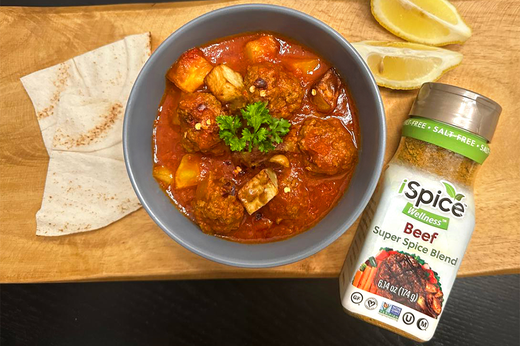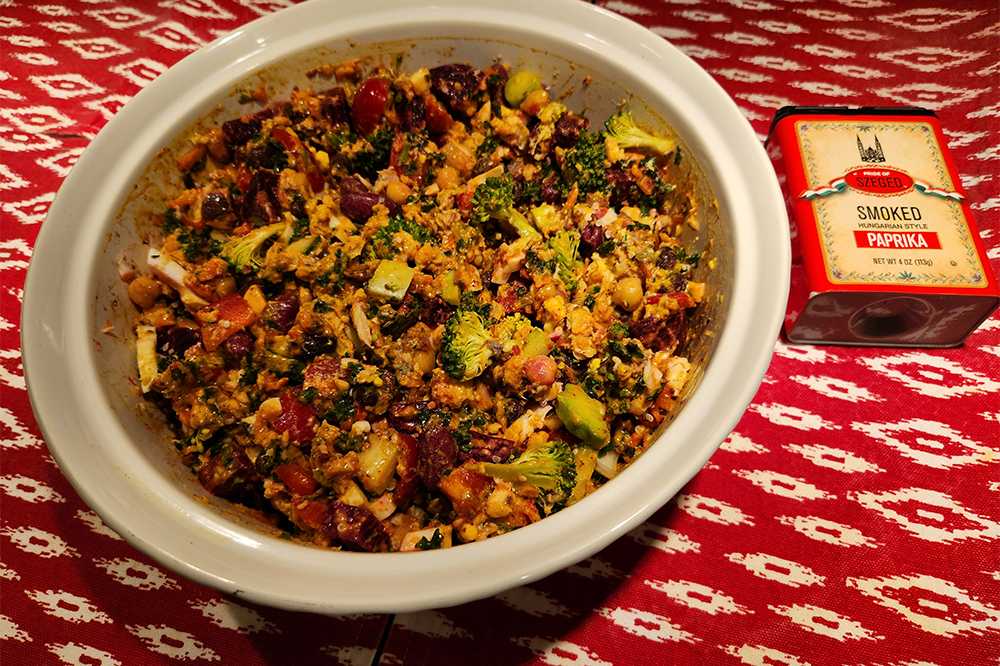
If you're a fan of sour candies, you have citric acid to thank for that mouth-puckering delight. From Sour Patch Kids to Lemonheads, citric acid is the secret behind the tartness that balances the sweetness in your favorite candies. Let's dive deeper into the fascinating world of citric acid and its role in candy making.
The Science Behind the Sour
Citric acid is a naturally occurring acid found in various citrus fruits such as lemons, limes, and oranges. In the food industry, it's often used as a preservative, flavor enhancer, and emulsifying agent. In the world of candy, however, citric acid is known for providing that distinctive tart, sour taste.
The sourness from citric acid comes from the way it reacts with our taste buds. It triggers the sour taste receptors on our tongues, which our brains interpret as a sharp, tart sensation. This reaction is what makes citric acid such a vital ingredient in sour candies.
Making Your Own Sour Candies with Citric Acid
If you're a DIY enthusiast and want to make your own sour candies at home, here's a simple recipe you can try:
Ingredients:
- 1 cup granulated sugar
- 1/2 cup light corn syrup
- 1/4 cup water
- 1/4 teaspoon citric acid
- 1/2 teaspoon flavor extract (like lemon or cherry)
- Food coloring (optional)
- Additional citric acid and sugar for coating
Instructions:
-
Prepare the sugar syrup: In a saucepan, combine the sugar, corn syrup, and water. Cook over medium heat, stirring until the sugar dissolves. Continue cooking without stirring until the mixture reaches the hard-crack stage (300°F/150°C on a candy thermometer).
-
Add flavoring: Once the syrup reaches the right temperature, remove it from the heat and carefully stir in the citric acid, flavor extract, and food coloring, if using.
-
Mold the candies: Pour the hot candy mixture into candy molds, taking care not to overfill them. Allow the candies to cool and harden completely.
-
Coat the candies: Mix some sugar with citric acid (adjust to your preferred sourness) and roll the cooled candies in the mixture to give them a sour, crystalline exterior.
Remember, making hard candies involves working with hot sugar, so take necessary precautions to avoid burns.
The Sweet (and Sour) Conclusion
Citric acid is a fascinating ingredient that brings the much-loved sourness to our favorite candies. Its unique interaction with our taste buds creates that tart explosion of flavor, making candies more enjoyable. Making your own citric acid candies at home can be a fun and rewarding experience. It gives you the chance to adjust the sourness to your preference and explore different flavor combinations. So next time you enjoy a sour candy, give a thought to the humble citric acid, the unsung hero behind that delightful tang.
Alert: While spices can have many beneficial properties for health, using them for medical purposes should be done under the guidance and supervision of a healthcare professional or specialist. Some spices may interact with medications or cause adverse reactions in certain individuals, and it is important to use them safely and appropriately. If you are considering using spices for a medical condition, it is important to consult with a healthcare professional before doing so.




















































